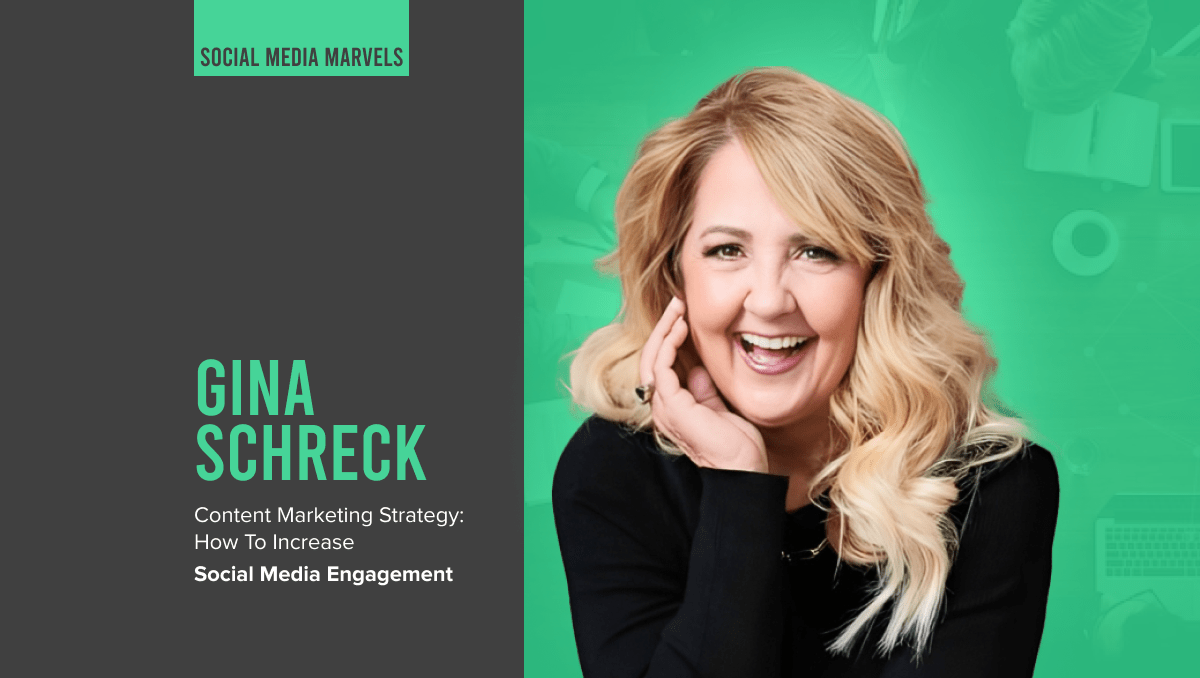Copywriting jobs will see 7.6% growth by 2026.
But then again, it’s not that easy to get a job as a copywriter.
Companies seek individuals with certain predefined skill sets. Not only do you require a stellar writing portfolio, you must also have the soft skills to back up your writing capabilities.
If you are also looking for a copywriting job, then we intend to make the interview process smoother for you.
These copywriter interview questions and answers are aimed to understand your thought process, how you develop your content based on the client’s requirement, and why you will be the best among other applicants.
Remember that a good copywriter excels in writing compelling content and is also an excellent marketer.
The answers you give can help determine whether you get the job or not. That is why it is best to be prepared before the interview. We’ve also added a few content marketing interview questions and answers to prep you better. You can customize these sample answers based on your professional experience.
Let’s browse through the interview questions.
Copywriter Interview Questions and Answers
1. What do you think are the qualities of a good copywriter?
I think some of the essential qualities of a copywriter are the ability to do thorough research work, write different types of engaging content, reflect the brand’s voice and share valuable insights through the content.
2. How do you capture a brand’s voice in your copy?
I always refer to the guidelines laid out by the brand. Additionally, I check the brand’s previously published content to understand its tone better. If the company is launching a content campaign for the first time, I would speak to the executives or head of marketing to know how they’d like to define the brand’s voice.
3. How can you increase the success rate of a copywriting campaign?
I fact-check to ensure that I don’t provide inaccurate information through the content. My focus is to create unique and relatable content for the target audience. I search and include keywords with a good search volume but are not very competitive.
4. How do you handle negative feedback?
I try not to take negative feedback personally. It’s important to stay objective and focus on the content goal. I ask questions to clarify how the content can get better. I take feedback constructively and make an effort to align my writing style to fit the client’s needs.
5. How do you keep improving your writing skills?
Reading and exposing myself to different types of content has helped me become a versatile writer. I read a lot–not just marketing blogs, but fiction novels and short stories too. I also participate in writing workshops and masterclasses occasionally.
6. Do you use any designing software?
During my previous job, there were several instances where I utilized design tools such as Canva, Paint 3D and Creative Market.
7. Can you tell some areas where you lack as a writer?
I tend to be overly critical of my work sometimes. I would look to edit the content even if it doesn’t require any more changes. So, I am learning to trust my skills more and acknowledging that the work done in the given timeline is good.
8. What is your favorite project, and why?
I had the opportunity to create content for a mental wellness company in my previous company. I enjoyed writing blogs and social media posts for the brand as I am passionate about the subject. Not only did I get the chance to write creative content, but I also learned a lot about becoming mindful.
9. What do you think are some of the biggest challenges of working as a copywriter?
I think harsh criticism or self-doubt can affect copywriters. It’s also crucial to remember that copywriters aren’t writing for themselves but the target audience. Conversely, they can also feel burdened while persuading the target audience and end up overselling the product.
10. How do you create content as per different target audiences?
I study the collated data about the target demographic to understand their behavior and lifestyle patterns. If I have access to extensive customer profiles, that makes the research part easier. Then, I craft the content to match the tone and style that the targeted audience could relate to.
11. How do you know if a copy is performing well?
A copy is performing well if it achieves increased reach and engagement. This can be measured by checking the website traffic, likes and shares. If the copy is written to convince a target audience to take action, we can track metrics like click-through, leads generated, and conversions rates.
12. Have you ever faced writer’s block? If yes, how did you overcome it?
I think it’s common to experience writer’s block. Personally, I step away from my laptop for a few minutes and don’t think about writing. This gives me a chance to clear my mind. Sometimes, I free-write or read a general article before returning to my work.
We can face writer’s block if we worry too much about writing the perfect first draft, which is impossible. Setting clear expectations, doing thorough research of the topic and eliminating distractions can help clear writer’s block.
Content Marketing Interview Questions and Answers
The functions of copywriting and content marketing are closely linked to each other. So, you should be ready to answer questions related to the content marketing domain too. Here are some content marketing questions that you may be asked during the interview.
13. Why do you think good copywriting is important for businesses?
A good copy has the ability to not only establish a brand’s image but also earn good ROI. It can be tough to persuade your target audience if you don’t have a well-researched and well-written copy. It’s more than just selling products, you have to connect with your audience and provide value through your content.
14. How can we approach creating content or copies with on-page SEO?
The first step is doing keyword research. I ensure that the keywords are included in the title and meta description. Images can be optimized by adding alt-tags. Additionally, URLs can be optimized by making them readable and including the primary keyword. All these steps can help improve a copy’s search engine ranking.
15. How can you get started with content marketing?
For a brand to get started with content marketing, it’s essential to have an understanding of the target audience. Next, you need a content marketing plan with clearly defined and measurable goals. This plan will include the types of content you’ll create and preferred deadlines. Then, you can start writing the content.
16. What is your understanding of the content marketing funnel?
A content marketing funnel breaks down the different stages of a customer’s journey. We create content for every step to target potential leads and move them forward in the content marketing funnel. The content strategies here can include writing blog posts, email copies, newsletters, and more.
17. What role does data play in content marketing?
Data can be beneficial in creating targeted content and improving a brand’s marketing strategy. Data gives marketers insight into their target audience and makes it easy to study them. It allows businesses to know what their target market would prefer and what could be a waste of resources.
18. How frequently should I post new content on my website?
I think there is no specific rule for this. It depends on your target audience’s preference. Some reports show that posting content every day can generate more website traffic. However, this doesn’t take into account the industry type.
Brands can experiment with different post frequencies and see what works best for them. And, let’s not forget that Google prefers websites that update their content consistently.
19. Can content marketing turn you into a thought leader?
Yes, of course. Establishing your brand or company as an industry expert is at the core of content marketing. This can help create a sense of trust among the target audience and garner more interest in reading the company’s content. We can showcase our expertise and resolve customer queries which can help turn companies into industry thought leaders.
20. Is there a difference between B2B and B2C content marketing?
I would say yes and no. The purpose in both businesses is the same: to promote their content. But there is a difference in the target audience, and hence the way of creating content also varies. B2B content can be more professional, data-driven, and written in a formal tone. In contrast, B2C content can be conversational and focus more on engagement.
21. What are some of the rookie content marketing mistakes?
A rookie mistake that new writers often make is just promoting the company and its product offering. If the content doesn’t add any value to customers, they will not be interested in the product. Another mistake would be overselling the products through posts that can seem spammy.
And…That’s All
Still here?
Looks like you are quite passionate about working as a copywriter.
Along with the questions listed above, you should also prepare for behavioral questions like how good you are with time management, how you manage to keep a positive attitude during stressful deadlines, and where you see yourself in the next three years.
We understand that looking for a perfect job can be a difficult task. But with the right skill set and positive attitude you can nail that interview.
Meanwhile, do use a social media marketing tool like SocialPilot to schedule your posts in advance. Because writing posts is a task in itself, and you, or your social team must save your energy for the creative process.
Go get SocialPilot’s free trial today or schedule a demo to know more.



